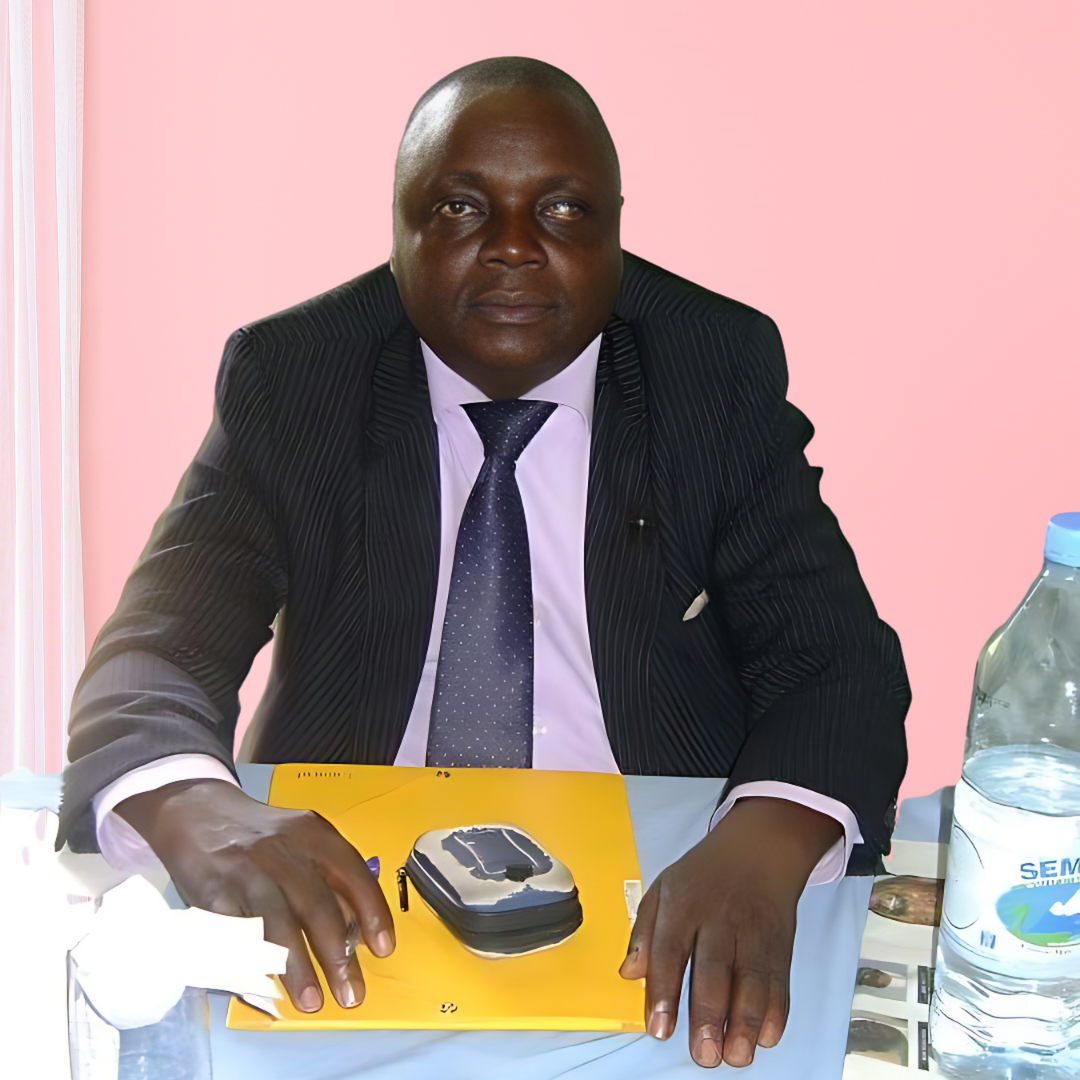Bilingualism Overlooked at Cameroon’s Entrepreneurial University Forum. The recent forum on establishing entrepreneurial universities in Cameroon’s private higher education sector has brought to light significant concerns regarding the non-application of bilingualism. This policy is crucial for national unity and integration. This issue is particularly pressing in a country that boasts around 280 local languages, alongside English and French as official languages.
The forum, which took place on September 24, 2024, was chaired by the Minister of Higher Education, Jacques Fame Ndongo, and aimed to discuss integrating an enterprise model in private universities. However, the event was marred by reports of marginalization of Anglophone private universities, particularly those from the North West and South West regions. Participants from these regions expressed their dissatisfaction with the organization of the forum, citing language barriers and exclusion from key activities.
The presentations at the forum were conducted exclusively in French, which alienated English-speaking attendees. Moreover, none of the private universities from the Anglophone regions were invited to showcase their offerings, deepening the sense of marginalization. This situation raises questions about the effectiveness of Cameroon’s bilingualism policy and its implementation in educational settings.
Bilingualism in Cameroon is not just a matter of policy but also a reflection of the country’s commitment to fostering national unity and integration. The policy implies that each citizen should learn and use both official languages, a goal that has been pursued since the 1960s. However, the recent events at the forum suggest that there are still challenges to be addressed in achieving this objective.
The controversy surrounding the non-application of bilingualism at the forum also touched on the broader issue of the suspension of Health and Biomedical programs in both public and private universities. The Minister clarified that the Ministry of Higher Education does not have the legal authority to run these programs, which are under the jurisdiction of the Ministry of Public Health.
The situation at the forum highlights the need for a more inclusive approach to bilingualism, one that ensures equal participation and representation of all linguistic groups in Cameroon. It also underscores the importance of official recognition and support for bilingual education programs that can produce competent bilingual citizens.
As Cameroon continues to navigate the complexities of its linguistic landscape, the promotion of bilingualism through education remains a critical tool for achieving national unity. The recent forum serves as a reminder of the work that still needs to be done to ensure that bilingualism is not just a policy on paper but a lived reality for all Cameroonians.





